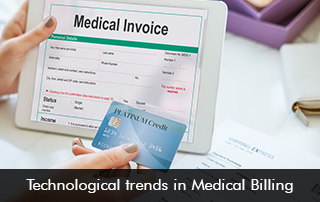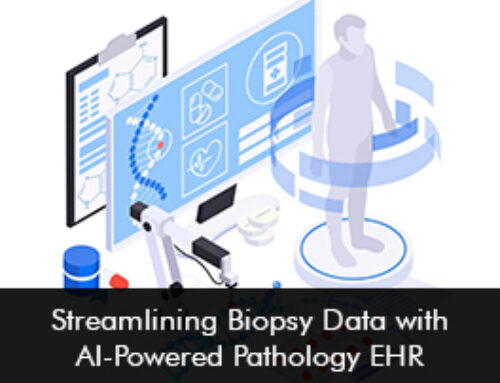Modern technology developments are having a positive impact on the healthcare sector. Technology solutions like EMR and EHR software, patient engagement technologies, and remote patient monitoring tools are improving patient care through automation and quick access to real-time data at the point of care. Through technological advancements, providers can streamline clinical processes and offer high-quality patient care which is the prime goal of healthcare.
The role of RCM and Billing Software in medical financial processes
The revenue Cycle Management process is critical for any practice. It helps ensures that patients are charged correctly and impacts the financial health of healthcare organizations. In the early 2000s, medical billing and coding were done manually which resulted in billing errors and consumed a lot of time.
Medical billing is a complex process and requires valuable time and input from financial professionals. With the advent of RCM software solutions and Billing Services EMR Software, the entire billing process has been redefined from claim processing to payment collection.
Benefits of using Billing Software Solutions
The use of technology in medical billing can reap the following benefits and ensure that a practice is profitable and well-run:
- Reduce manual work
- Streamline the entire billing process
- Reduce chances of any errors
- Gives better control of patient billing data
- Enhances claim tracking
- Improve financial reporting
- Streamline coding
Technological Trends in medical billing in 2023
Autonomous Coding
Autonomous coding in medical billing is when Artificial Intelligence (AI) technology and Machine Learning (ML) algorithms are leveraged to automate the coding process. Autonomous coding can greatly reduce errors, and enhance the accuracy of the medical billing process.
Algorithms can automatically assign the right codes to medical billing procedures and services, this reduces the need for manual coding.
Enhancing Patient Experience
Patients of today expect unsurpassed services even in the field of healthcare. To improve the patient experience in medical billing the entire billing process needs to be streamlined and transparent. Patient experience can improve in medical billing by providing flexible payment options and deploying intuitive billing systems. The use of Electronic Health Records (EHR) Software, and online billing platforms can boost the patient experience by reducing wait times, providing convenience, and decreasing errors.
Telemedicine Billing
Billing systems have evolved to support virtual consultations as telemedicine has grown in popularity due to the pandemic. Telemedicine billing software assists in the capture and processing of billing codes relevant to remote patient visits, assuring proper compensation.
Blockchain Technology
By providing a secure and decentralized platform for maintaining patient records and billing information, blockchain has the potential to change medical billing. By eliminating third parties, it increases data security, and transparency, and simplifies the billing process.
Compliance and Regulation
Different software systems and technology play an important part to ensure compliance with different regulations. These include HIPAA regulations and ICD coding standards. Software vendors of billing systems update them to ensure they meet regulations and are up to mark with privacy standards.
Moving ahead
The development of AI-driven solutions and automation can significantly enhance medical billing and coding which can ultimately boost practice profitability and financial efficiency. Through billing software, healthcare providers can solely focus on patient care, the job they love to do.







